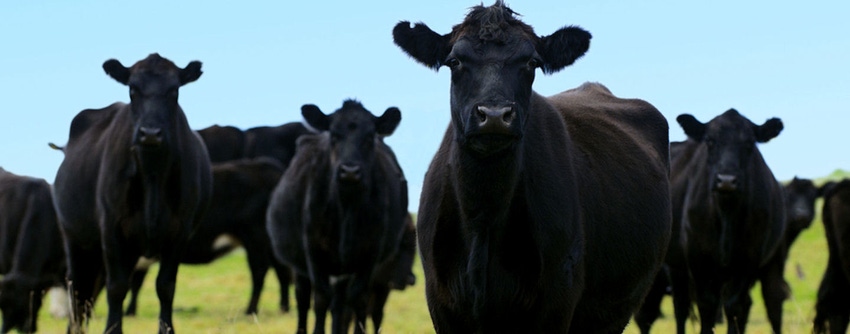March 9, 2016

Cargill is eliminating 20% of shared-class antibiotics, those deemed important for human medicine and farm animals, from its four feed yards in Texas, Kansas and Colorado, and four additional feed yards operated by Friona Industries, which is a strategic business partner that supplies the company with cattle. The total number of cattle involved annually is approximately 1.2 million.
This move comes after Cargill evaluated both existing third party research and research previously conducted by the company regarding reduced antibiotic use, and evaluated customer and consumer input. For the beef cattle covered by this announcement, Cargill does not use any antibiotics for growth promotion that are medically important for human health.
“Our decision to eliminate 20% of the antibiotics used in our beef cattle, which are also used for human health, took into consideration customer and consumer desires to help ensure the long-term medical effectiveness of antibiotics for both people and animals,” stated John Keating, president of Cargill’s Wichita-based beef business. “We need to balance those desires with our commitment to ensure the health of animals raised for food, which contributes to the production of safer food.”
Implementation of this decision builds upon Cargill’s 2014 decision to eliminate growth-promoting antibiotics from its U.S. turkey business, which was completed in time for the 2015 holiday turkey season and underscores the company’s stated commitment to reduce the use of human antibiotics in food production. Cargill will also continue to explore alternatives to antibiotics that could further reduce their use in beef cattle.
“Scientific research and yet-to-be-discovered innovative technologies could certainly help us further reduce, or eliminate, the need for antibiotics in the beef supply chain,” stated Keating. “We have an obligation to ensure that sick animals do not suffer, and that we prevent them from becoming ill, and we will use ongoing research efforts as the basis for any future additional reductions in antibiotic use. We’ve listened to consumers and our customers, we’ve taken this first step, and we believe there are more steps coming in the not-too-distant future.”
Cargill will also increase to 90% the Beef Quality Assurance (BQA) certified feed yards that supply it cattle by 2018, becoming the first major beef processor to establish such a target.
“As part of the consumer research we’ve conducted, we learned that we need to be more transparent about practices such as use of antibiotics,” explained Keating. “We will use our newly created webpage (http://www.cargillfreshmeat.com) to communicate our beef antibiotic policy, in addition to any newsworthy milestones that have the potential to further reduce antibiotic use in beef cattle. We will also engage with customers and other important stakeholders on a continual basis to better understand their expectations regarding antibiotic use in beef production, and how we can better meet those expectations. Accountability and credibility are crucial to the success of our long-term efforts to produce nutritious, affordable, wholesome and sustainable beef products our customers and consumers want to purchase and enjoy.”
You May Also Like




